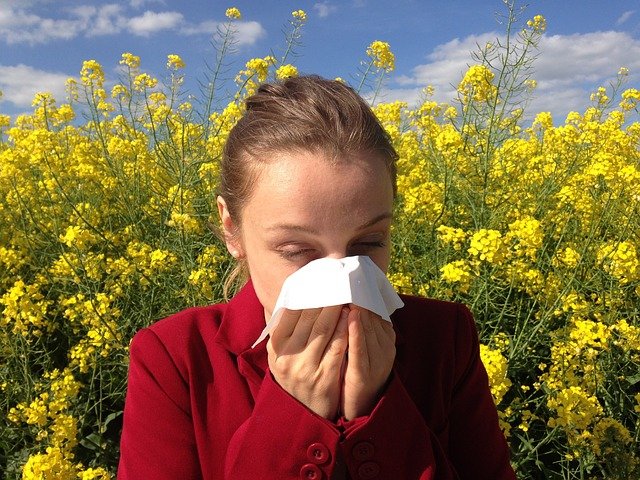Food allergy 101: An Essential Guide
The epidemiological studies show that food allergy affects around 2.5% of the general population. Not all foods cause allergy. Moreover, not everyone is allergic to the same food. Genetics as well as environmental factors play a vital role.
What is food allergy?
Showing abnormal reaction to certain food items is called food allergy. That specific food item or component to which the body reacts is called “allergen”.
What causes food allergy?
It is an abnormal immune response to some specific nutrients present in food. When we take food, the components present in it are absorbed in the blood. However, in the case of food allergy, the nutrients act as toxic substance and trigger the body’s immune response. The body then initiates the allergic response and produces IgE antibodies to neutralize the toxic substance.
What are the signs and symptoms of food-allergy?
These range from mild to severe. Moreover, there could be a life-threatening allergic reaction. Most common signs and symptoms are given below:
- Hives formation
- Itching
- Runny eyes and nose
- Nausea
- Vomiting
- Bloating
- Diarrhoea
- Pricking sensation in the throat
- Throat swelling
In severe cases:
- Difficulty swallowing
- Difficulty breathing
- Dropin blood pressure
- Pounding pulse
- Cold and clammy skin
- Unconsciousness or drowsiness
What is anaphylaxis?
It is a life-threatening allergic reaction needing prompt and aggressive medical treatment. If not treated on time, it can lead to death. It expresses itself as:
- Swollen throat
- Choking
- Extremely low blood pressure
- Unconsciousness
- Cold and pale skin
To what foods allergy mostly occurs
There are some edibles to which individuals are commonly allergic to:
- Peanuts
- Eggs
- Wall-nuts
- Shellfishes
- Fish
Diagnosing food allergy
It is diagnosed by measuring the levels of IgE antibodies in the blood, in response to a certain food item.
Treatment of food allergy
The treatment depends on the severity of the reaction.
- Mild to moderate allergy is treated with antihistamines and steroids.
- Severe allergy is treated with adrenaline administration. It is a life-saving drug.
Managing Food Allergies
The best way to manage food allergies is to avoid allergens, including:
- Direct exposure to the allergen
- Accidental exposure to the allergens while food handling
- Indirect exposure to the specific allergen through some other food
However, this can be prevented in the following ways
- Avoid the food containing the allergen
- Read the wrappers of products very carefully before purchasing as well as consuming
- While dining out, make sure thar the chef knows about your allergies
- Wear a medical wrist band mentioning the allergen.
- Take the prescribed medicines as per advice
- If you suffer from severe food allergy, always keep your adrenaline pen with you.
t is recommended by specialists that the early introduction of allergens to your baby’s diet can prevent food allergies. This can be done as below:
- USDA guidelines suggest adding eggs and peanuts to your child’s food at an early age of 4 months.
- Start from a lower quantity and increase gradually
- When it is not possible to feed solid chunks, peanuts can be given in the form of a fine powder
- Encourage your child to eat everything that you cook for the rest of the family.
- Add one food at a time and do not mix different foods. This will help in clear identification of any potential food causing trouble.

